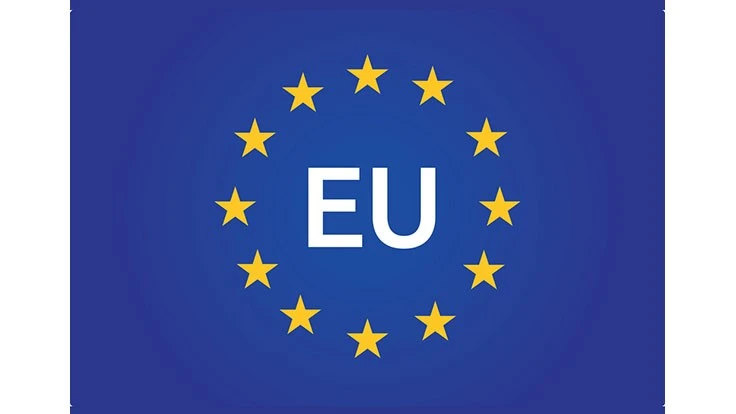
The European Parliament has agreed on measures put forward by the European Commission to address marine litter coming from the 10 single-use plastic products cited as having been most often found on European beaches.
The rules on single-use plastic items are part of a wider EU Plastics Strategy, which the EU calls “the most comprehensive strategy in the world adopting a material-specific life cycle approach with the vision and objectives to have all plastic packaging placed on the EU market as reusable or recyclable [as possible] by 2030.”
“Today, we have taken an important step to reduce littering and plastic pollution in our oceans and seas,” states Frans Timmermans, the EP’s first vice president, responsible for sustainable development. “We got this, we can do this. Europe is setting new and ambitious standards, paving the way for the rest of the world.”
The banned items reportedly include plastic plates, balloon sticks, and food and beverage containers made of expanded polystyrene (EPS) foam.
Some European trade associations have raised questions about the policy’s details. Brussels-based Europen, whose members create and sell packaged products, says it “supports the EU’s overarching objectives of taking bold action against litter and marine litter in particular,” also says it is calling on the European Commission and member states “to clarify without delay the provisions in legislation that remain ambiguous, in order to ensure unified implementation across Europe.”
Europen adds that the new legislation does not insist on a “harmonized approach, presenting a serious risk [it] will allow member states to adopt unilateral bans on specific packaging applications to reduce consumption of certain items which remain poorly defined in legislation.”
Adds the group, “Therefore, there is a risk that different national interpretations will impede the internal market. We call on EU policymakers to develop evidence-based implementation guidance on the unclear terms without delay.”
“Looking ahead, our collective priority must now be to ensure as much uniformity as possible in the implementation of the SUP and resolve these legal uncertainties resulting from an unprecedentedly rushed legislative procedure,” states Hans van Bochove of Coca-Cola European Partners and Europen’s chairman.
Adds van Bochove, “The packaging value chain is committed to innovating for sustainability. This will require investments at scale. For this to happen, business needs clarity on the applicable rules and a coherent, long-term and stable EU policy framework. One single EU Circular Economy is preferable to 28 or 27 different ones.”
The Brussels-based European Plastic Converters (EuPC) association is more directly critical of the policy. “We regret the adoption of such a regulatory act, discriminating a material that has a crucial role in solving the current challenges for society globally in the decades to come,” states Alexandre Dangis, the EuPC’s managing director.
Continues Dangis, “This vote will have a direct negative environmental impact and thousands of job losses all over Europe. It furthermore dictates countries and people how to live and change consumption habits without focusing on what’s key, namely education and anti-littering behavior. Littering will continue but with other products. Regrettably, no proper impact assessment or [life cycle analyses] have been done within the extraordinary short timeframe, as EU politicians carried on the wave of fighting for a so-called good cause.“
Latest from Recycling Today
- BMW Group, Encory launch 'direct recycling’ of batteries
- Loom Carbon, RTI International partner to scale textile recycling technology
- Goodwill Industries of West Michigan, American Glass Mosaics partner to divert glass from landfill
- CARI forms federal advocacy partnership
- Monthly packaging papers shipments down in November
- STEEL Act aims to enhance trade enforcement to prevent dumping of steel in the US
- San Francisco schools introduce compostable lunch trays
- Aduro graduates from Shell GameChanger program





